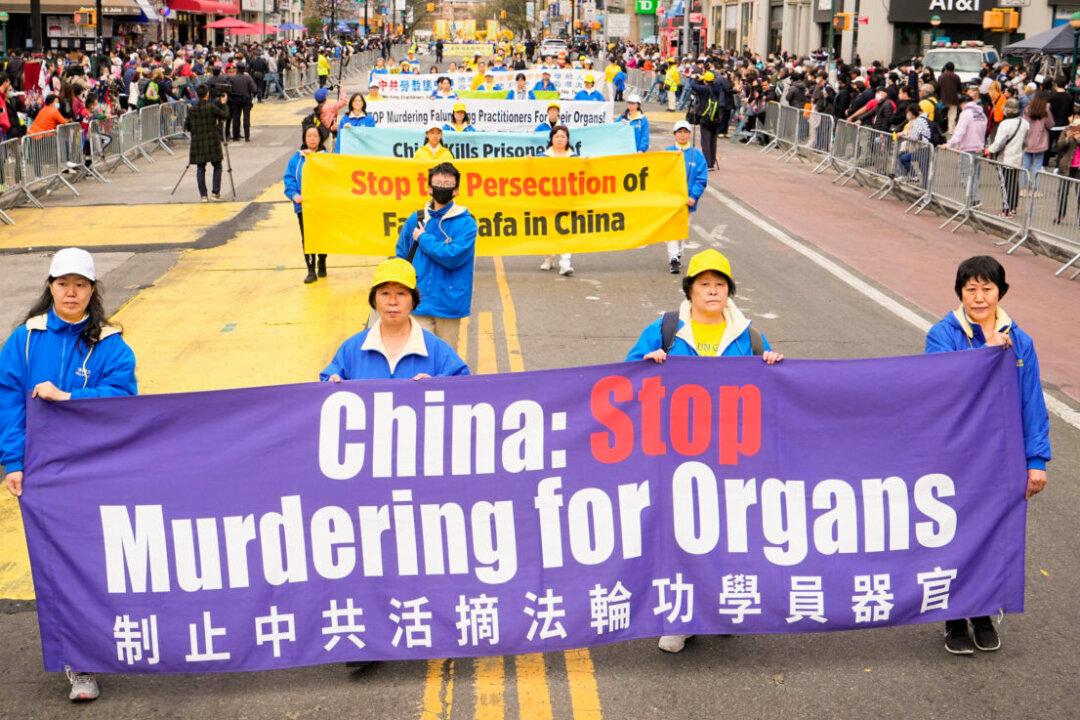The Epoch Times is proud to republish “An Unprecedented Evil Persecution: a Genocide Against Goodness in Humankind” (eds. Dr. Torsten Trey and Theresa Chu. 2016. Clear Insight Publishing). The book helps with the understanding of forced organ harvesting in China by explaining the root cause behind this atrocity: the genocide committed by the Chinese regime against Falun Gong practitioners.
The reaction to the evidence of the killing of Falun Gong for their organs has not been commensurate with the gravity of the offense, nor the quality of the evidence.





